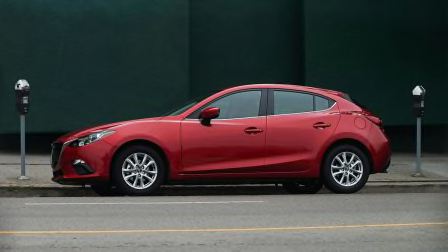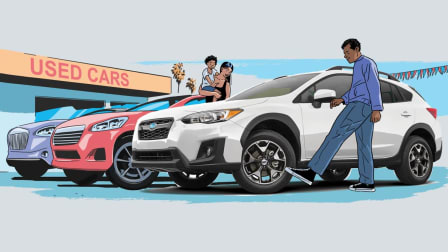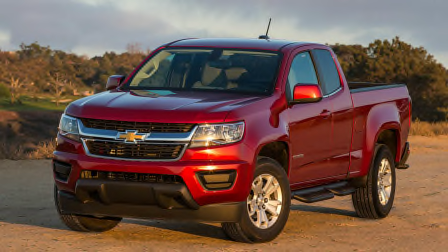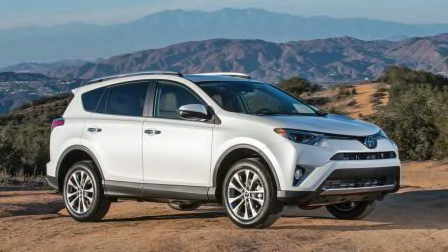The Truth About Certified Pre-Owned Cars
Understand this alternative to buying a traditional new or used car

Buying a used car can save you money and get you behind the wheel of a more luxurious model than you could afford to buy new. But some shoppers are hesitant to purchase a car that may have a mysterious past. Unless you buy from a friend or family, you won’t truly know how a used car was cared for and driven. To address those concerns, automakers created the “certified pre-owned” (CPO) designation.
By definition, a certified pre-owned used car is one that has been vetted and deemed to be in better operating condition than its peers. It offers many of the benefits of both new and used cars.
Searching for a Used Car?
Check our used-car marketplace to search by make, mileage, and other filters to help you zero in on models in your area. Members will see reliability and satisfaction scores.
Are Certified Pre-Owned Cars as Good as Claimed?
Dealers tout certified pre-owned cars as the better choice because of their extended warranty, near-mint condition, and savings over buying new. Our data supports the assertion that they are indeed better cars.
Our latest analysis shows that vehicles bought as certified pre-owned had about 15 percent fewer problems than other used cars.
“Based on my ongoing analysis, buying a CPO car is often worth the added cost for the increased reliability,” says Steven Elek, Consumer Reports’ program leader for auto data analytics. “But remember to research our reliability ratings first, as some models—CPO or not—can be unreliable in general.”
But not all certified pre-owned programs are the same. A used car may be advertised as certified but it might not have the backing of an automaker’s official certification program. Some dealers “certify” cars themselves or sell third-party certifications. These types of certified pre-owned programs bring risks.
For instance, you could be stuck in a paperwork snarl when it comes time to make a warranty claim, especially if you seek work at a different shop or facility.
You need to be aware of the differences in the programs, and you should ask the dealer to provide full, official documentation so that you know what kind of warranty you’re buying. Also, not all certifications may be transferable from one owner to the next. Be aware of that when buying a used car from a private individual.
How to Save When Buying a Certified Pre-Owned Car
Buying a used car can bring significant savings, assuming you choose a model known for its reliability and have the specific vehicle inspected by an independent mechanic, one who doesn’t profit from the sale.
Because regular used cars don’t come with an extended warranty, put aside money in an emergency fund to address any potential repairs. (See how car brands compare for maintenance and repair costs over time.)
If a noncertified used vehicle is still covered by its original warranty, the buyer can purchase a factory-backed extended warranty at a negotiated price.
Other precautions to take: Do an internet search of the full VIN (vehicle identification number) to see whether any revealing information pops up, enter the VIN at safercar.gov to check for open recalls, and purchase a vehicle history report from a provider such as AutoCheck or Carfax. (Though it can be a helpful tool, bear in mind that a clean history report isn’t a guarantee that the vehicle has never been in an accident.)
If you do choose to buy a certified pre-owned warranty, remember that the price is usually negotiable.



















